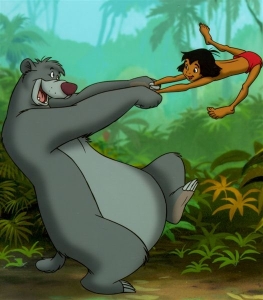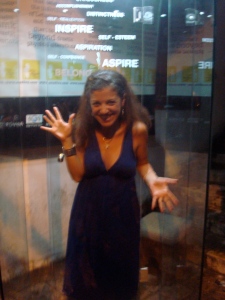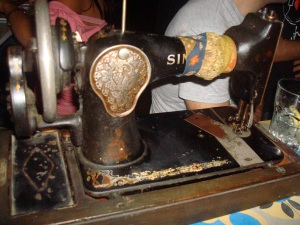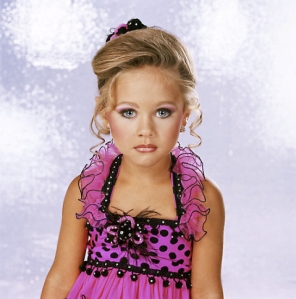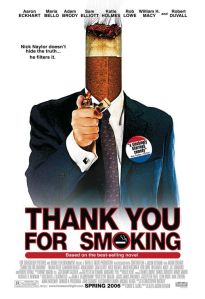I recently had a chance to be immersed in bedouin life in Lebanon’s Bekaa valley. While the details of the project will not be disclosed for confidentiality purposes, I will share some great encounters and the fascinating bedouin cultural artifects that I came across.
Some might be surprised to hear that there are bedouins in Lebanon. Bedouins are nomads, who typically roam from place to another with their herds.
But the bedouins I met, are now naturalized and have Lebanese ID cards. They left their nomadic lifestyles and settled in the Bekaa among other places in Lebanon and the region.
Some have really adapted to their new situation, by moving to concrete housing as opposed to tents and increasingly leaving their herding and grazing practices.
Most however, have really preserved some traditional practices as markers of their own cultural heritage.
One of which I found most fascinating, was coffee roasting, grinding and serving. A specific protocol is observed when it comes to serving coffee for guests, and during special occasions and celebrations.
The origins of coffee are largely debated, yet it is widely believed that the first cultivation of coffee was found in Ethiopia and from there it spread into Arabia, Turkey, Europe and the rest of the world. Arabs have adopted coffee as an integral part of their traditions, and have used it as a sign of hospitality.
Bedouins serve a special type of Arabic coffee, litterally called “bitter coffee.” To make this coffee, coffee beans are roasted. After they cool down, they are poured in a wooden bowl and then ground by a wooden stick to preserve the flavors of the bean. The sound of the beating movement of the wooden stick against the bowl creates an entrancing rhythm, that is typical of arabic coffee making ritual.
The “bitter coffee” is usually flavored with cardamom seeds, a spice that I am not particularly fond of, but that pairs very well with coffee.
After grinding, the coffee is boiled with water in special copper pots. The caffeinated beverage is then served in traditional small coffee cups with no handles. The equivalent of one shot is poured in one cup and is offered to the guest first. The guest just takes it in one sip because this “bitter coffee” is strongly flavored. If the guest doesn’t want more, he wiggles the coffee cup slightly, the server moves then to the next guest and then to family members, all sharing this sip of “bitter coffee” from the same cup.



